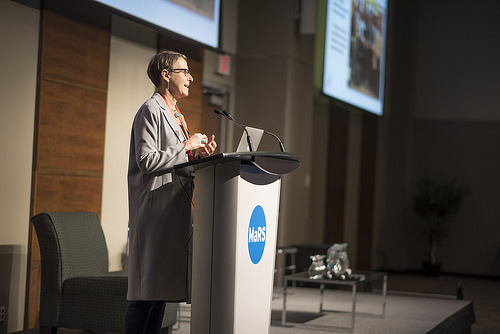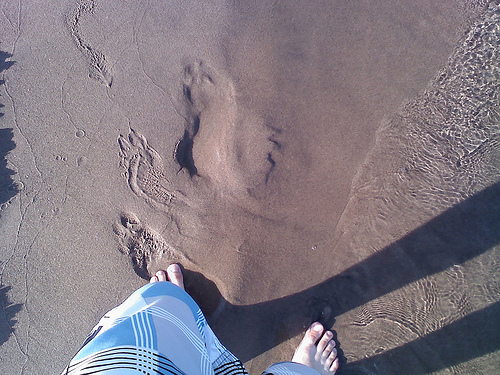{Edchat} Becoming a better teacher by becoming a better public speaker
“Why can’t I be more like [insert name of your favorite speaker]?” When lawyers ask this question, it usually means they’ve been on their feet in court or presenting to potential clients and it didn’t go well. They felt anxious, insecure, unsettled — far from the confidence they’d hoped to project. Source: Confidence Is Personal: Being…









